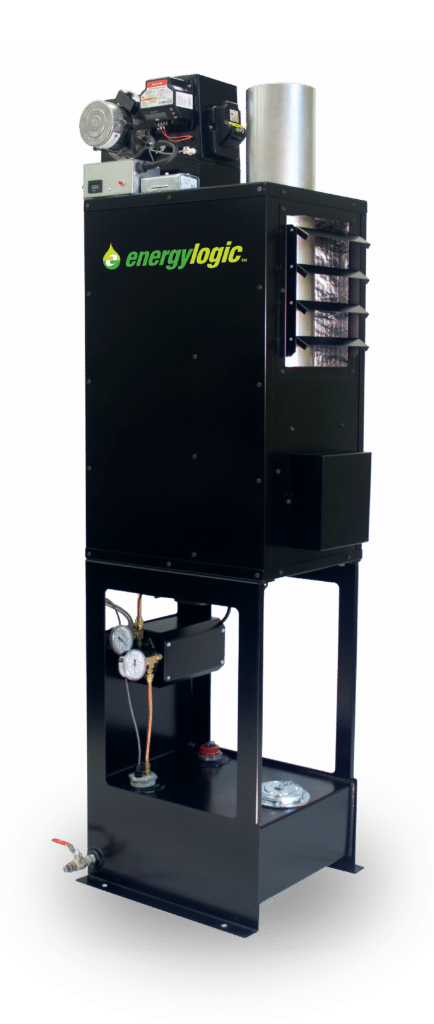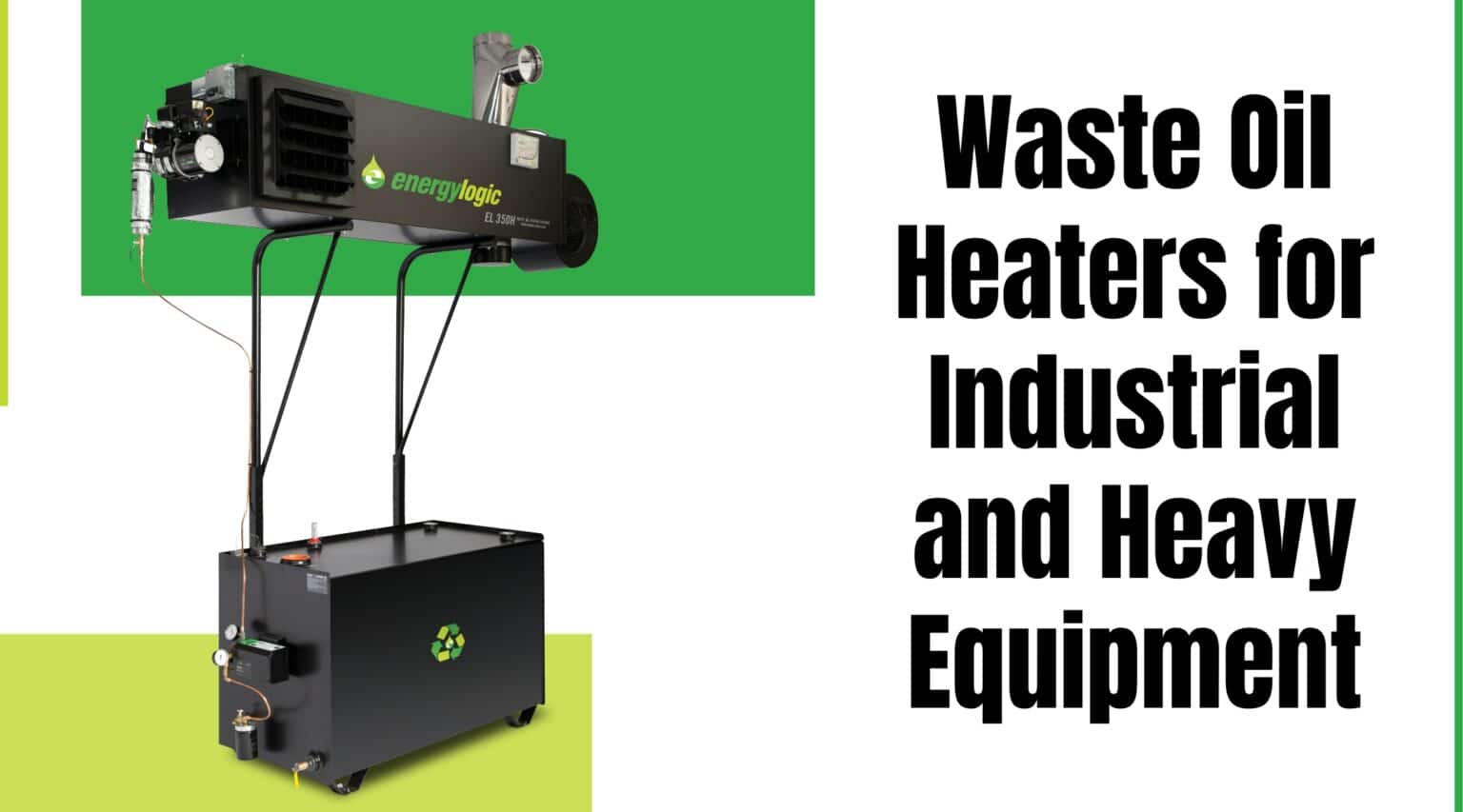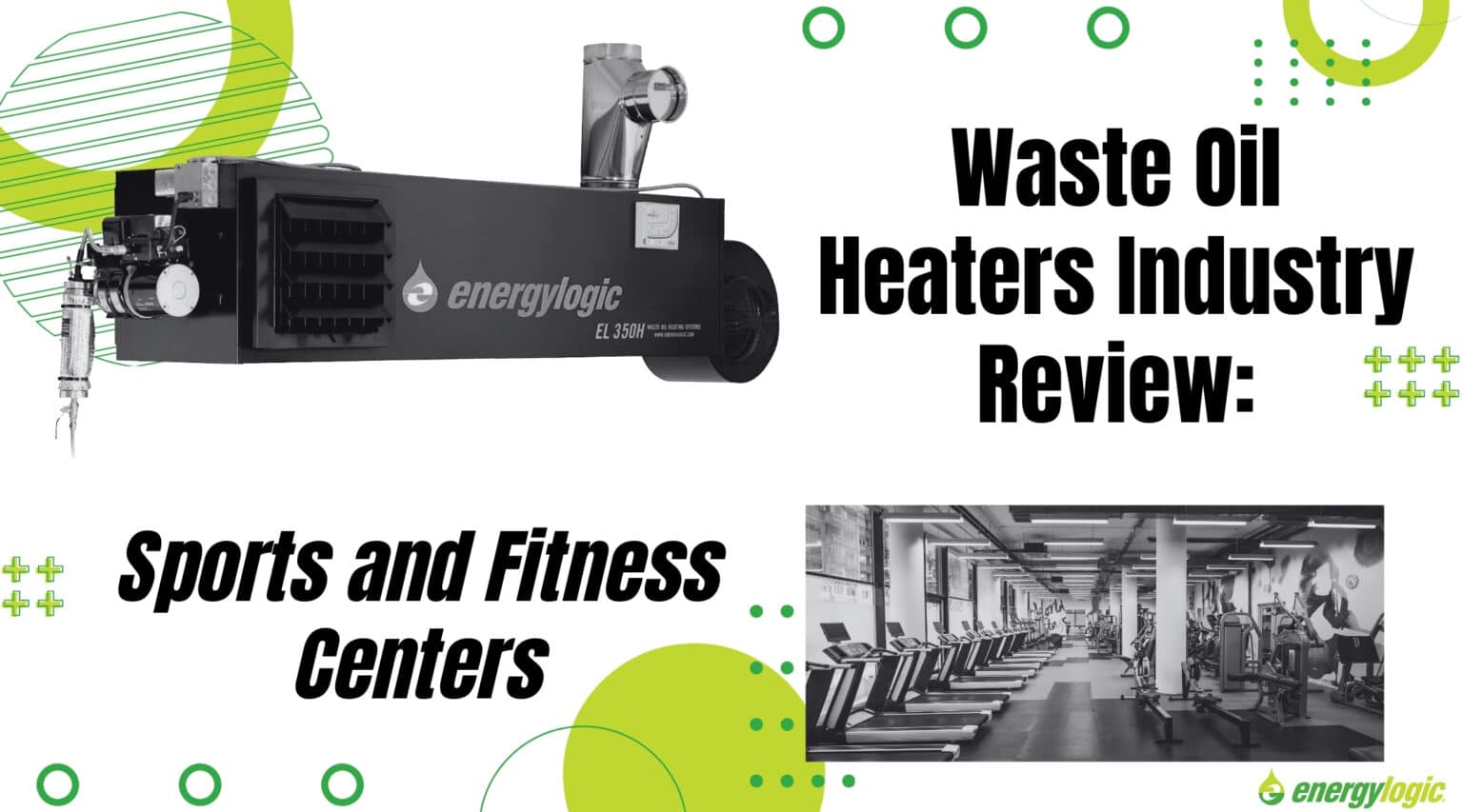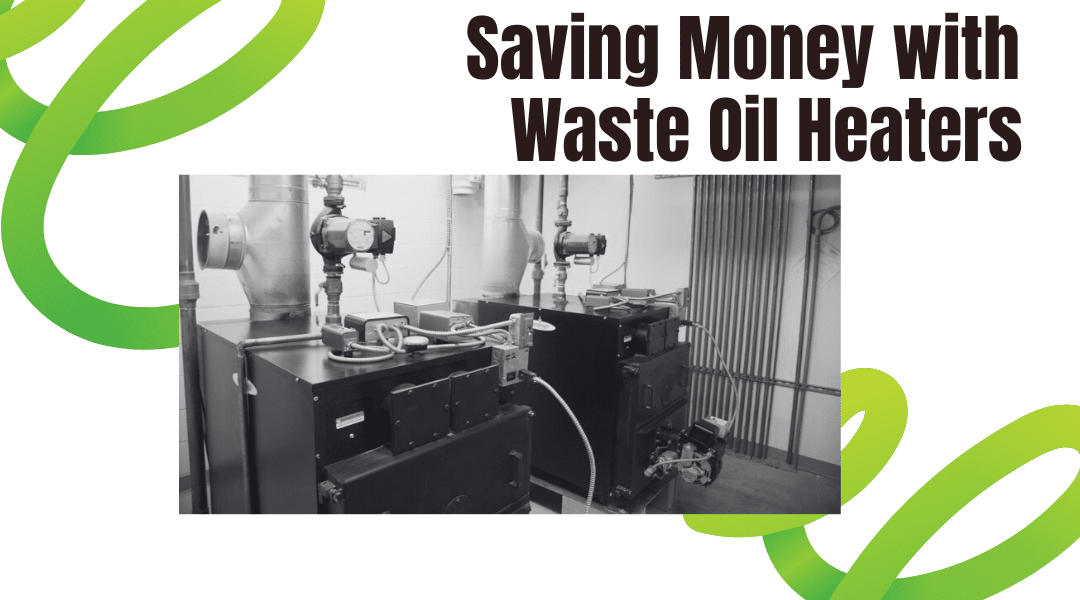In an age where businesses are continually looking to optimize expenses, reduce carbon footprints, and embody sustainable practices, the adoption of alternative energy solutions becomes paramount. Waste oil heating systems have emerged as an intriguing option, especially for Small and Medium Enterprises (SMEs). Let’s analyze the economic benefits and practicality of these systems for such businesses.
The Economic Benefits of Waste Oil Heating for SMEs
a. Cost Savings
One of the most compelling reasons for SMEs to adopt waste oil heating systems is the direct cost savings. If a business produces waste oil or can obtain it cheaply (from restaurants, garages, etc.), they can significantly reduce or even eliminate their fuel expenses. The savings can be substantial, especially in colder regions where heating demand is high.

With Famer’s Almanac predicting an unseasonably cold winter, reducing heating costs can save businesses. EnergyLogic estimates that a waste oil heating system can save you up to 30% on your heating bill, which is a significant savings for a small business. Additionally, if you’re a garage or other large facility that pays to have waste oil carted away, investing in a waste oil heating system can help remove the administrative burden and cost. EnergyLogic provides custom heating solutions.
b. Tax Incentives and Rebates
Many governments, to promote green energy initiatives, offer tax incentives and rebates for businesses that adopt sustainable heating solutions. SMEs can benefit from these incentives, further improving the ROI of waste oil heating systems. The Section 179 Tax Deduction is an important government incentive available to small businesses. Businesses can deduct qualifying equipment purchases from their taxes. In most cases, a waste oil heater or boiler counts under the tax incentive.
c. Reduced Waste Disposal Costs
Disposing of waste oil can be expensive, considering the strict environmental regulations. By converting this waste into heat, businesses not only avoid disposal fees but also turn a potential liability into an asset.
Companies disposing of waste oil also need to be away of cradle-to-grave liability which holds producers and users of hazardous waste accountable from its creation to disposal. This means businesses are responsible for the correct disposal of substances like used oil, including during transport and any accidental spillage. Industries handling waste oils and similar substances must be aware of their liabilities and consider reduction methods. Disposing of hazardous waste requires adherence to EPA and DOT regulations, especially during transport. While hazardous waste can be landfilled with a permit, the generator remains liable for potential environmental contaminations. Recycling, on the other hand, offers a sustainable solution, turning waste oil into reusable or refined oil, thereby reducing liabilities, and promoting environmental sustainability.
The Logistics of Waste Oil Heating Systems for SMEs
a. Space Considerations
Modern waste oil heating systems are designed with flexibility in mind. They come in various sizes, making it feasible for SMEs with space constraints. EnergyLogic’s 75H waste oil heater was designed with small spaces in mind, heating up to 1,750 sq.ft. Moreover, modular designs allow for scalability, letting businesses add more units as needed.

The experts at EnergyLogic are ready to help you design a complete waste oil heating system that works with your space. With over a decade of experience, the team at EnergyLogic knows how to make waste oil heater and boiler systems work in almost any space.
b. Ease of Maintenance
Contemporary waste oil heaters come with self-diagnostic tools and automated maintenance reminders. This ensures the system runs efficiently, reducing potential downtimes. This feature is especially valuable for SMEs that might not have dedicated maintenance staff.
Modern upgrades to waste oil heaters and boilers also include swing-away burners and ash removal ports, making cleaning the equipment much easier. Also, the patented flame retention head creates a hotter flame, resulting in less ash and longer maintenance intervals.
c. Versatility in Fuel Types
Advanced systems can burn a mix of waste oils, from 5 weight to 90 weight, including synthetics. This means businesses aren’t restricted to a single source of waste oil, offering flexibility and ensuring a consistent heating solution.
d. Safety Features
Modern units come equipped with a plethora of safety features, including overflow prevention, fire safety mechanisms, and ventilation systems, ensuring the safety of the premises and personnel.
The Big Picture: Environmental and Economic Benefits
Used oil is a major source of water pollution in the U.S. A single gallon can contaminate up to one million gallons of water. Leaks from underground storage tanks can pollute soil, groundwater, surface water, and indoor air, sometimes jeopardizing entire community water supplies. Cleanup is easier and more cost-effective when only soil, and not groundwater, is affected.

The U.S. Congress passed the Used Oil Recycling Act about two decades ago, directing the EPA to ensure the recycling of used oil is safe for human health and the environment. This act also emphasized the benefits of waste oil recycling for small businesses and generators.
Beyond the direct economic benefits and practicality, waste oil heating systems may even help position SMEs as environmentally responsible businesses by helping to prevent oil spills. By reducing carbon footprints and promoting sustainable practices, SMEs can contribute to environmental welfare, save money, and ensure a comfortable working environment for employees.

Conclusion
For SMEs, every penny saved matters. Waste oil heating systems provide a unique opportunity to not only cut down on heating expenses but also transform a waste product into a valuable resource. Their practicality, combined with economic advantages, makes them a compelling choice. As the world leans towards greener solutions, it’s high time for SMEs to consider waste oil heating systems as a viable, eco-friendly, and cost-effective heating solution.




